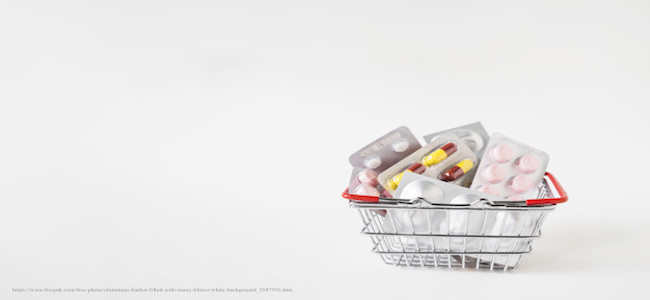During this electoral campaign No es Sano has reminded the PSOE, Unidas Podemos, Cuidadanos and Popular Party that it is urgent and necessary to review the current pharmaceutical policy and public spending on medications in hospitals. The high drug prices, especially the newer medications, causes pharmaceutical spending in hospitals to continue to rise, reducing our health care system’s capacity to invest in other hospital necessities and primary care.
The latest data published by the Ministry of Finance demonstrates that, in four years (from 2014 to 2018), hospital spending increased by 31% among the autonomous communities, from 5200 to 6804 million euros. Some regions far exceeded this figure, as is the case of the Balearic Islands with 54%, Castilla y León with 38% and Galicia with a 37% increase in comparison to 2014.
Looking ahead to the upcoming general elections, the political parties have published their electoral proposals and No es Sano welcomes some proposals, although, as we have been able to analyze, there remain many unaddressed questions.
The PSOE is committed to reviewing public spending on medicines and promoting the development and production in the public space for cellular therapies. In addition, they promise to implement open science where data from publicly financed research may be shared. All of these initiatives are necessary, however, we still do know what the proposals are on important issues like fair pricing for medicines with a high budgetary impact.
In the case of Podemos—its counterpart Unidas Podemos does not have a joint electoral proposal—the purple party considers initiatives of open science, assigning the public sector a coordinating and active role in deciding what is investigated and how public financing will be managed in biomedical innovation projects. However, there remain many unresolved issues on funding in pharmaceutical policy, such as price policy, transparency and the release of documents on pharmaceutical spending.
The same goes for Cuidadanos who also do not reveal their plans to ensure the sustainability of the public healthcare system. In the electoral proposal presented last week, the orange party has turned back on previous election proposals, eliminating their initiatives on conflicts of interest, training for doctors, transparency and the release of spending documents. Nor do they clarify how the public interest will be protected when the results of publicly funded projects, whether they be new drugs or health technologies, are passed on to the private sector.
Ultimately, the Popular Party barely addresses pharmaceutical policy. It is urgent that they incorporate it in their political agenda and take on the major reforms necessary for our public healthcare system.
No es Sano reminds the political parties of the urgency to act on the unjustified increase in drug prices and asks them to commit to take measures that will control pharmaceutical spending and to provide the healthcare system the resources necessary to cover the needs of their patient and professionals. All of these reforms are urgent and it is essential that all the parties commitment to them.


